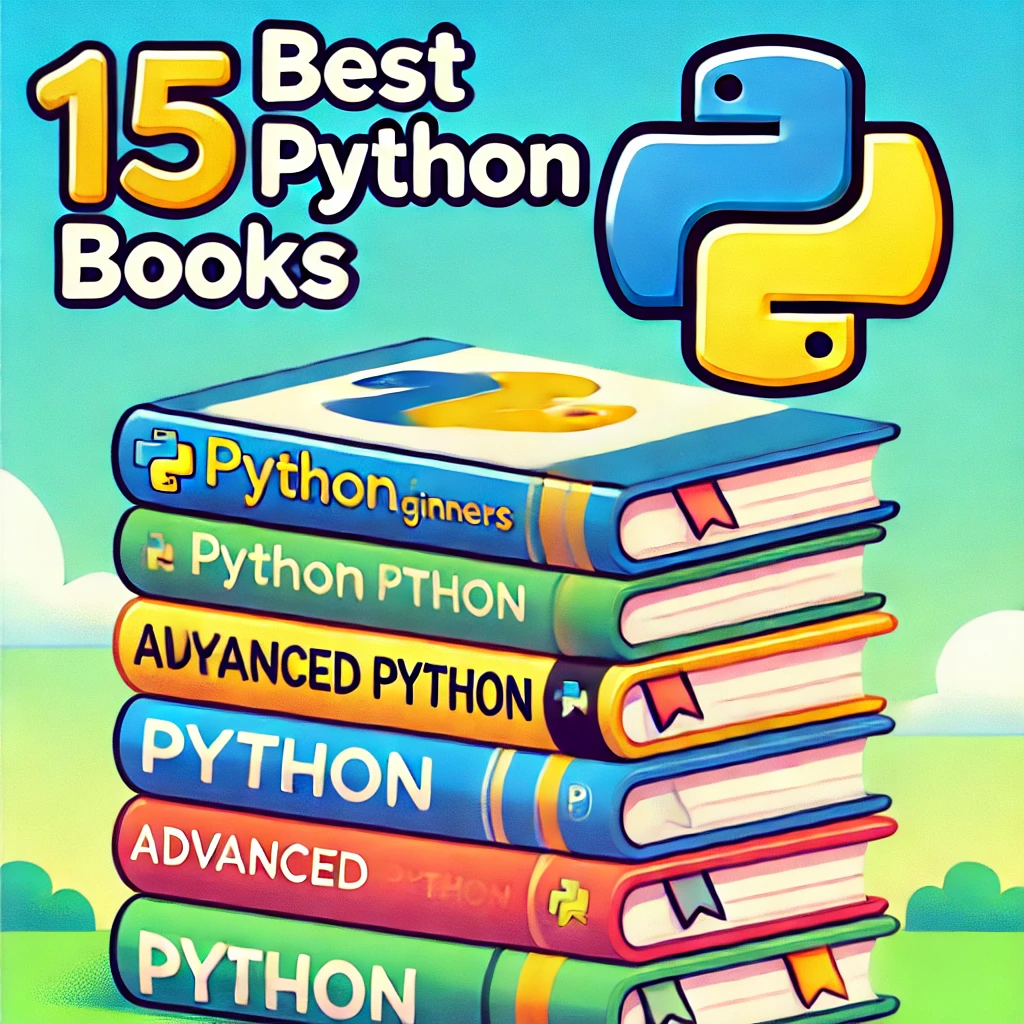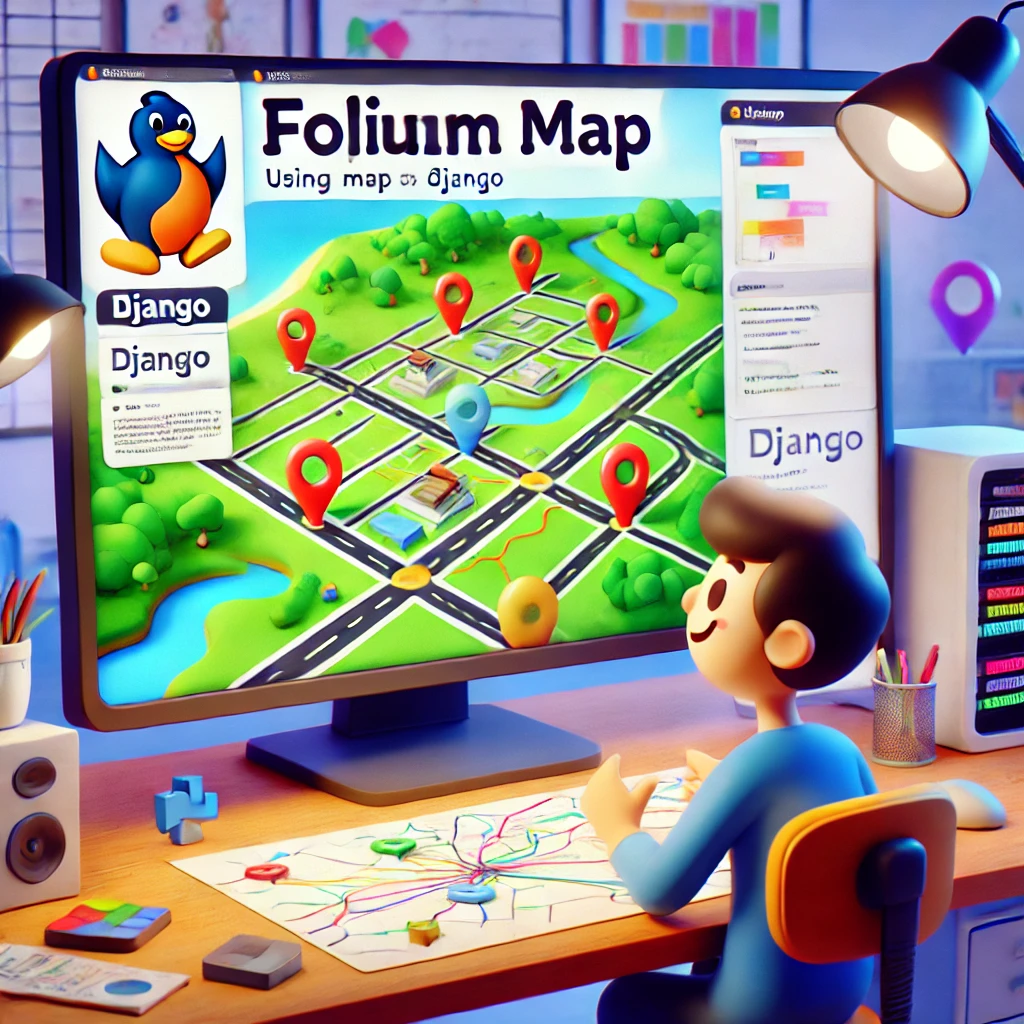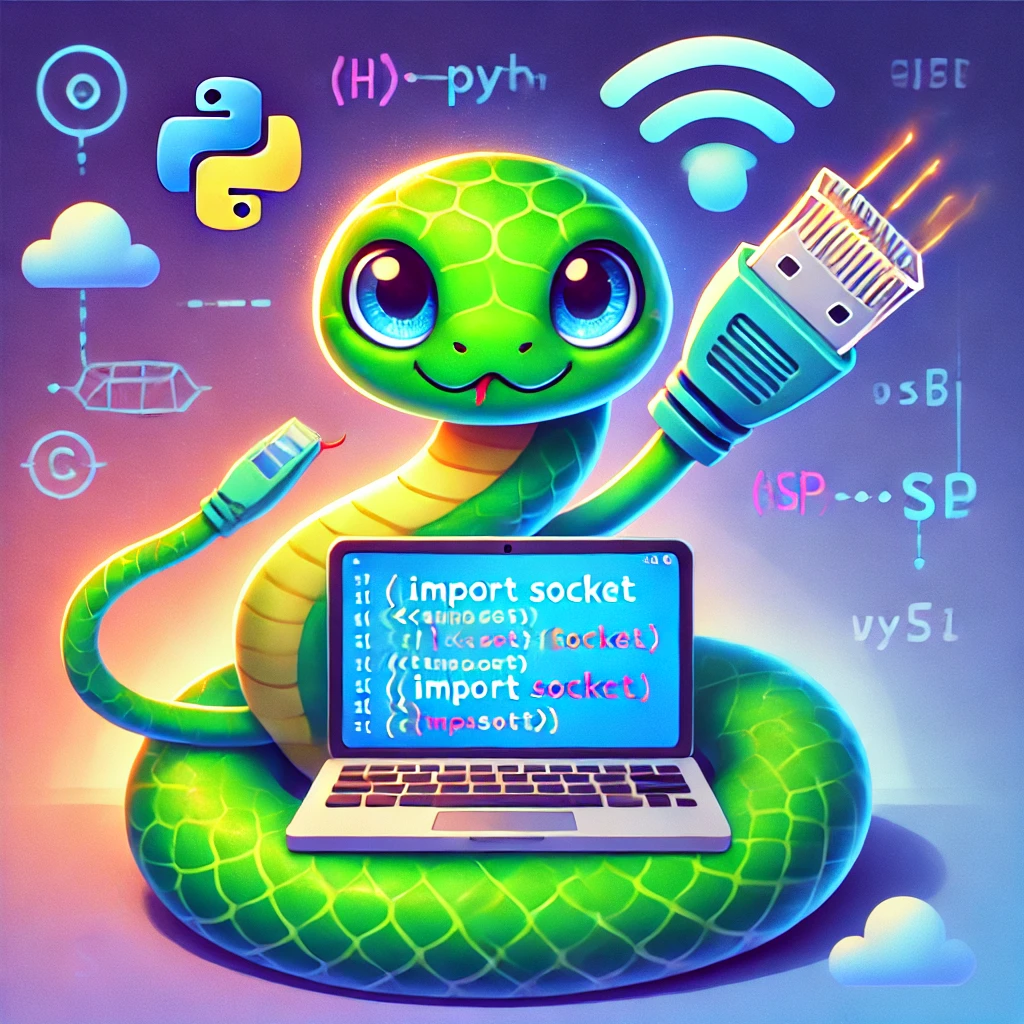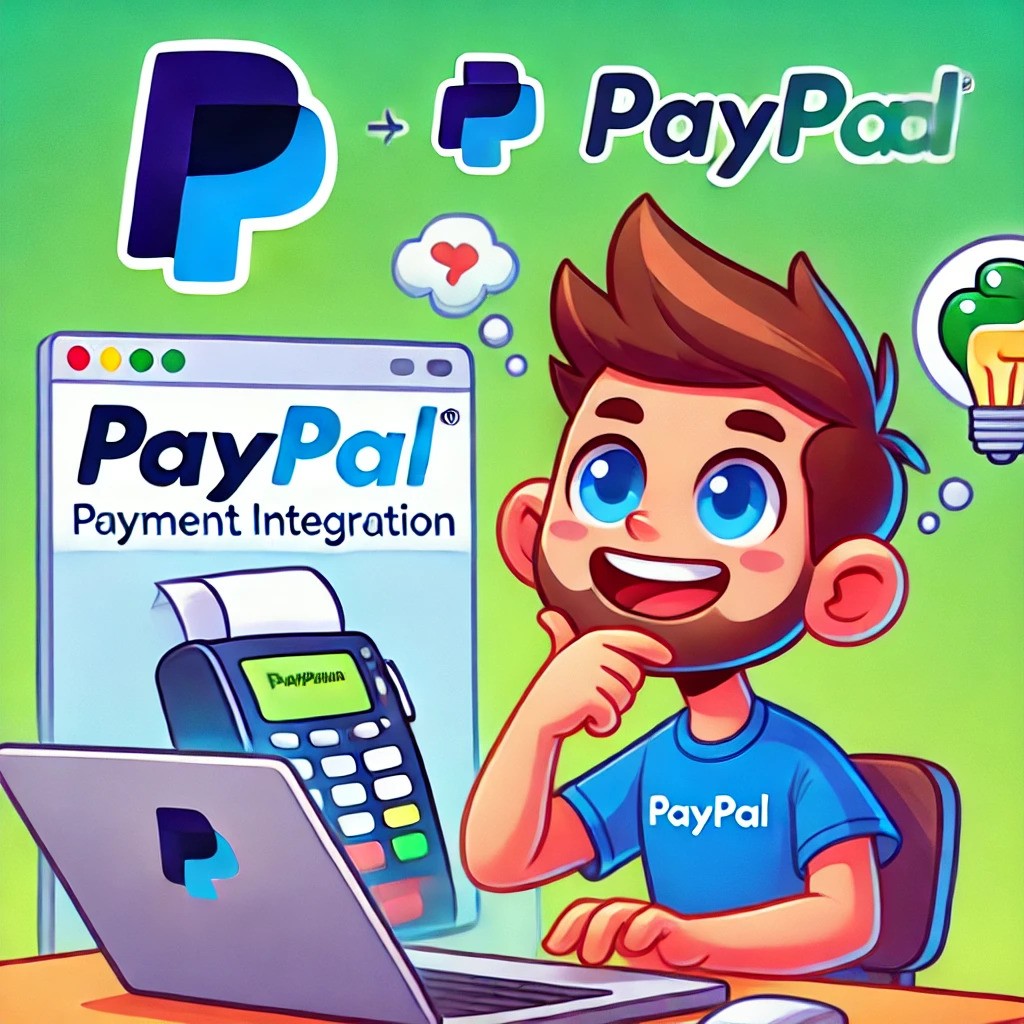Introduction
Regardless of whether you are a beginner in the field of programming or an expert willing to hone your ability, it is general knowledge that the right kinds of resources can be of great help. Python, which is perfect for beginner programmers, was even ranked as one of the fastest-growing programming languages, and along with it is a fine collection of books that is substantially helpful to us.
This article will provide a comprehensive round-up of the best 15 Python books that comprehend and adjust to all levels of Python learners, from dummies who are willing to learn the fundamentals of the language to experts who want to perfect themselves in the more complex aspects of the language.
Top 15 Best Python Books
In this section, we will let you go with the top 15 best and most recommended Python books for both novice and advanced programmers. This is just a personal recommendation and can vary based on someone’s interest.
1. “Python Crash Course” by Eric Matthes

Eric Matthes’ book “Python Crash Course” is interesting, especially for beginners who like it when they learn by doing things. The book has been structured in such a way that it enables learners to become proficient in the basics of Python programming using practical activities and projects.
It starts with the very basics, like variables and loops, then moves on to more sophisticated ideas of classes and APIs, and even develops web applications using Django. Each chapter is provided with exercises that require performing right away, thus allowing readers to grow their confidence and practical skills.
What makes “Python Crash Course” an extremely fascinating book is the organization of the content around the projects, with three large ones: simple games, data visualization, and web applications.
2. “Automate the Boring Stuff with Python” by Al Sweigart

Automate the Boring Stuff with Python is an important book for people who wish to be able to use the Python programming language to simplify and automate everyday tasks. This book is also an ideal book for complete novices who have no programming background since it explains the essential aspects of Python with a more hands-on approach.
Within a very short time, Al Sweigart builds up the readers’ interest in how they can easily script with Python in order to perform generally repetitive tasks such as organizing files, scraping websites, sending emails, and managing spreadsheets.
What sets this book apart is its focus on real-world automation, making it perfect for office workers, administrators, and anyone interested in boosting productivity through coding.
3. “Learning Python” by Mark Lutz

Learning Python by Mark Lutz is a comprehensive guide that provides an in-depth exploration of the Python programming language, making it an ideal resource for both beginners and experienced developers looking to deepen their understanding.
This book covers Python’s fundamental concepts and features in a detailed manner, including data types, control structures, functions, and object-oriented programming.
What truly sets “Learning Python” apart is its thoroughness and depth. Lutz not only covers the syntax and usage of Python but also provides insights into best practices and design patterns, fostering a deeper appreciation for the language.
4. “Effective Python: 90 Specific Ways to Write Better Python” by Brett Slatkin

Brett Slatkin‘s Effective Python: 90 Specific Ways to Write Better Python is a highly regarded resource that offers practical advice for Python developers who want to elevate their coding practices. This book presents a collection of 90 concise and actionable tips, covering various aspects of Python programming, from fundamental concepts to advanced techniques.
Each tip is designed to improve code quality, performance, and readability, making it an invaluable guide for both intermediate and experienced Python programmers. Slatkin’s clear explanations and illustrative examples help readers understand the rationale behind each recommendation, empowering them to write more efficient and maintainable code.
What makes “Effective Python” stand out is its focus on the nuances of the language that can significantly impact coding practices. Topics range from best practices for using built-in functions and handling exceptions to understanding Python’s unique features, such as decorators and context managers.
5. “Fluent Python” by Luciano Ramalho

It is an insightful and comprehensive guide that delves into the intricacies of the Python programming language, making it an essential read for intermediate to advanced Python developers.
This book emphasizes writing idiomatic and efficient Python code, providing readers with a deep understanding of Python’s unique features and capabilities. Ramalho covers a wide range of topics, including data models, functions as first-class objects, decorators, generators, and concurrency, all presented with clear explanations and practical examples.
His engaging writing style and well-structured content make complex concepts accessible, allowing readers to fully appreciate the power and flexibility of Python.
What sets “Fluent Python” apart is its focus on the language’s best practices and idiomatic usage. Ramalho not only explains how to use various features of Python but also dives into why they are beneficial, enabling developers to write code that is both elegant and efficient.
6. “Python for Data Analysis” by Wes McKinney

Python for Data Analysis by Wes McKinney is a definitive guide that focuses on using Python for data manipulation, analysis, and visualization, making it an essential resource for anyone interested in data science and analytics.
Written by the creator and “Benevolent Dictator for Life” of the open-source pandas package for data analysis, McKinney provides readers with a comprehensive overview of how to effectively use Python and its libraries, such as NumPy and Pandas, to handle large datasets.
The book is filled with practical examples and hands-on exercises that help readers understand key concepts like data wrangling, data cleaning, and exploratory data analysis, ensuring they can apply these skills in real-world scenarios.
7. “Head First Python” by Paul Barry

This is an engaging and interactive introduction to programming in Python, designed to help readers grasp the core concepts of the language while having fun. Utilizing the unique Head First approach, this book combines visual learning techniques with hands-on exercises, making it ideal for beginners who might find traditional programming books daunting.
Barry covers essential Python topics, such as data types, control structures, functions, and object-oriented programming, all while emphasizing practical applications through real-world examples. The book’s friendly tone and accessible explanations encourage readers to think critically and creatively as they learn to code.
What sets Head First Python apart is its focus on building problem-solving skills alongside Python knowledge. The book includes a variety of exercises, quizzes, and projects that challenge readers to apply what they’ve learned in meaningful ways.
8. “Python Cookbook” by David Beazley and Brian K. Jones

Python Cookbook by David Beazley and Brian K. Jones is a comprehensive resource that provides practical solutions to common programming problems using Python. This book is designed for intermediate to advanced Python developers who want to deepen their understanding of the language and explore its powerful features.
Each recipe in the book addresses a specific problem or task, offering clear explanations, concise code examples, and best practices. Beazley and Jones cover a wide range of topics, including data structures, algorithms, file handling, and web programming, making it an invaluable resource for those looking to enhance their coding skills.
What sets the Python Cookbook apart is its focus on real-world applications and practical techniques that developers can immediately apply to their projects. The authors provide insights into Python’s standard library and explore advanced topics such as concurrency, decorators, and metaprogramming.
9. “Think Python: How to Think Like a Computer Scientist” by Allen B. Downey

Aimed at beginners and those new to computer science, this book encourages readers to think critically and logically, making it an excellent resource for anyone looking to grasp fundamental programming concepts.
Downey uses a clear and approachable writing style, breaking down complex topics into digestible parts. Throughout the book, readers will encounter practical exercises that reinforce learning, ensuring that they can apply the concepts effectively.
One of the standout features of Think Python is its emphasis on computational thinking—an essential skill for any programmer. Downey guides readers through the process of defining problems, designing solutions, and implementing them using Python.
10. “Python Testing with Pytest” by Brian Okken

This is an essential resource for Python developers looking to enhance their testing skills using the powerful Pytest framework. This book provides a comprehensive guide to testing in Python, covering everything from the basics to advanced testing techniques.
Okken’s engaging writing style and practical examples make complex topics accessible, allowing readers to easily grasp the concepts of unit testing, functional testing, and test-driven development (TDD)
In Python Testing with Pytest, readers will learn how to write simple tests, use fixtures for setup and teardown, and implement effective testing strategies for their codebases.
11. “Django for Beginners” by William S. Vincent

Tailored specifically for newcomers to Django and web development, this book offers a hands-on approach that guides readers through the process of creating real-world projects. Vincent breaks down complex concepts into manageable steps, ensuring that even those with little or no prior experience can follow along and develop a solid understanding of how Django works.
Throughout Django for Beginners, readers will learn how to set up a Django development environment, create and manage models, develop views and templates, and implement user authentication.
Each chapter builds upon the previous one, gradually introducing new features and best practices in a logical sequence. The book also emphasizes the importance of deploying applications, providing practical insights into hosting projects and making them accessible on the web.
12. “Python Tricks: A Buffet of Awesome Python Features” by Dan Bader

Python Tricks: A Buffet of Awesome Python Features by Dan Bader is a delightful exploration of Python’s more advanced features, designed to help both beginners and experienced programmers enhance their coding skills.
This book serves as a treasure trove of practical tips and tricks, each presented in a concise and engaging manner. Bader’s approachable writing style makes complex concepts accessible, allowing readers to quickly grasp Python’s capabilities and apply them effectively in their projects. .
In “Python Tricks,” readers will discover not only the syntax but also the underlying philosophy that makes Python a beloved language among developers. Bader emphasizes best practices and offers insights into how to write cleaner, more efficient code.
13. “Programming Python” by Mark Lutz

This book dives deep into python language, covering a wide array of topics essential for mastering Python programming. Lutz’s clear and detailed writing style helps demystify complex concepts, making them more accessible to readers.
The book’s structure is designed to build upon foundational knowledge while exploring Python’s extensive libraries and frameworks, making it an invaluable resource for anyone looking to deepen their understanding of the language.
In “Programming Python,” readers will explore advanced topics such as data structures, object-oriented programming, and network programming, alongside practical applications like web development and database interaction.
14. “Python Data Science Handbook” by Jake VanderPlas

This comprehensive guide covers the fundamental tools and techniques necessary for data analysis, visualization, and machine learning. VanderPlas, a well-respected figure in the data science community, presents complex concepts in an accessible manner, making the book suitable for both beginners and seasoned practitioners.
The book’s clear explanations, practical examples, and hands-on exercises empower readers to effectively use Python’s powerful libraries, including NumPy, Pandas, Matplotlib, and Scikit-Learn.
Throughout the “Python Data Science Handbook,” readers will learn how to manipulate data, create informative visualizations, and build predictive models. VanderPlas emphasizes best practices in data analysis, encouraging readers to think critically about their data and the methods they employ.
15. “The Quick Python Book” by Naomi Ceder

This book strikes a balance between comprehensiveness and accessibility, providing readers with the foundational knowledge they need to start coding in Python effectively. Ceder’s clear explanations and friendly writing style make it easy for readers to grasp key concepts, while practical examples help reinforce learning and encourage hands-on practice.
Throughout The Quick Python Book, readers will explore essential topics such as data types, control structures, functions, and object-oriented programming.
The book is structured in a way that allows readers to progress logically through the material, building their skills step by step. Additionally, Ceder introduces advanced topics like decorators, generators, and context managers, ensuring that readers gain a well-rounded understanding of Python.
Conclusion
In conclusion, this is our personal best books recommendation you can explore from the sea of Python literature available today. Each of these titles offers unique insights and practical knowledge that can help you enhance your programming skills, whether you’re a beginner or an experienced developer.
We encourage you to pick one or more of these books based on your interests and skill level. Each offers a different perspective on the Python programming language, ensuring you can find the right fit for your learning style. Happy reading, and may your Python programming adventures be fruitful and enjoyable!
🧷Related Article: 7 Best Hacking Books to Read for Cybersecurity Beginners.





